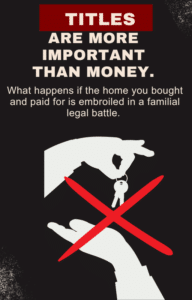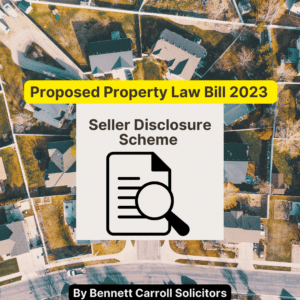A ‘party’ is defined in the latest REIQ contract[1] to include the party’s executors, administrators or successors.
The take home message is simple: death does not release a party from their rights and obligations under the contract. This includes the parties’ obligation to complete the contract.
Do I need probate?
Practically, it may not be possible for the contract to settle until a grant of probate has been issued by the Supreme Court. A grant of probate, or a grant of letters of administration on intestacy, is a court order granting a person authority to execute the deceased’s will, or deal with property in accordance with the rules of intestacy (the Government’s rules). The grant takes approximately 10 weeks to be issued so the parties usually need to extend the settlement date out until the deceased’s executor has been able to get the grant.
The most unfortunate scenario here is where you act for the deceased’s party and the other side refuses to allow an extension of time.
What if the other party refuse to extend the settlement date?
Where a purchaser dies and the vendor refuses an extension, the vendor may place the purchaser in breach. On breach, the vendor could choose to take the purchaser’s deposit as well as either;
- Terminating the contract, reselling the property and suing the purchaser’s estate for any loss they suffer on resale, or
- Applying to the court for an order of specific performance, which compels the purchaser to complete the contract.
Where the vendor dies and the purchaser refuses to allow an extension, the purchaser may place the vendor in breach. On breach the purchaser could;
- Terminate the contract and sue for damages, or
- Apply for specific performance as above and sue for damages.
Who gets the proceeds?
In the event a vendor passes away before settlement, on settlement their personal representative becomes entitled to receive the balance of the purchase price on behalf of the deceased’s estate. In the event a purchaser passes away before settlement, if the contract settles then the property forms part of the deceased’s estate. In practical terms this means the property vests in the parties’ personal representative/s.
Call us on or email and safeguard your interests every step of the way- We are your legal problem solvers.







